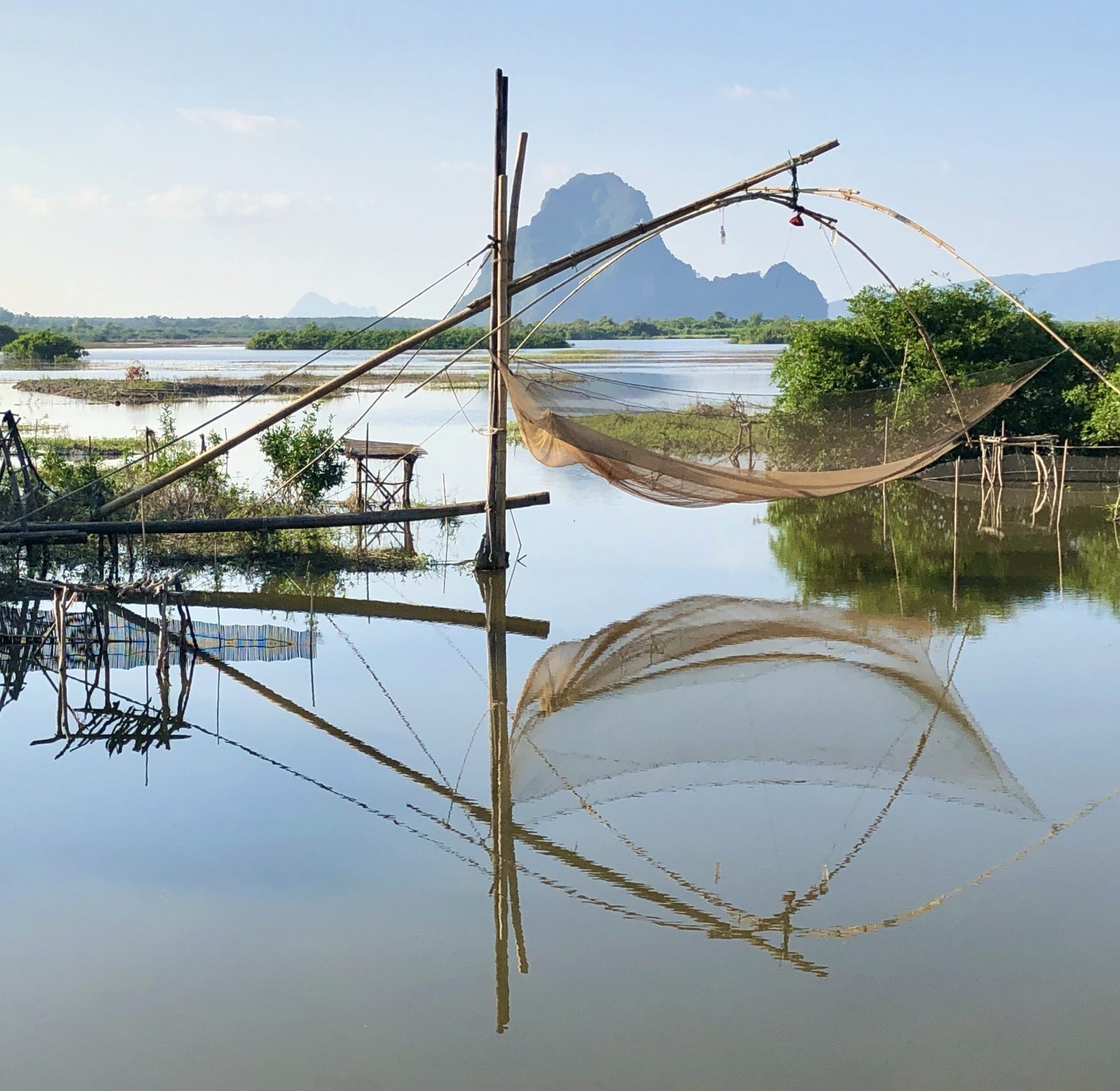Series - Environmental governance
Environmental governance is key to ensuring planetary health and well-being. The series highlights the importance of new and emerging approaches to environmental governance as means to foster collective action for better understanding and tackling of global environmental challenges. Environmental governance is positioned as a central component in present day global struggles over natural resources, linking global with local while also bringing to light their blurred boundaries and close interlinkages. Placing environmental governance within the broader context of socio-economic development where costs and benefits are unequally distributed, the series brings to light the importance of social movements in furthering socio-environmental justice. Building on Martinez-Allier’s ground-breaking conceptualization of “environmentalism of the poor”, it conveys grassroots’ views and voices and places these as diverse yet integral forces (re)shaping global environmental discourses. The series adopts the position that environmental governance as multi-scalar, connecting global environmental efforts with grassroots initiatives and practices, revealing not only existing power asymmetries and the inter-scalar power dynamics (re)shaping environmental governance structures, processes, and outcomes but also the important role played by networks and processes of bricolaging in (dis)connecting actors, institutions, policies in various governance levels and domains.
The series sets out to assemble the most recent thinking on environmental governance while building on rich scholarly traditions in human geography, environmental studies, anthropology, development studies, political ecology, and political science. It will bring together a wide range of studies on natural resource governance in various socio-ecological systems and settings (e.g. upland cultivation, irrigated terraces, marine and freshwater fisheries, forest conservation, mining and extractive industries) and how these are (re)shaped by various forms and types of governance systems, mechanisms, and practices, and how they later (re)produce political rights and authorities, and vice versa. The series seeks to provide a comprehensive analysis of what environmental governance entails in the Anthropocene, while building on in-depth case studies from various countries and regions (e.g. Southeast Asia, Africa, South America, among others). It will show how environmental governance is intertwined with processes of socio-economic development, including through regional economic integration, and how it is closely interlinked with vested interests and elite capture. By placing power dynamics and politics centrally in its approach and analysis of environmental governance, this series brings to light the variety and importance of political spaces of engagement and their role in maintaining planetary health.

by Diana Suhardiman
Editors in Chief
Prof.Dr. Diana Suhardiman, Leiden University, Royal Netherlands Institute of Southeast Asian and Caribbean Studies/KITLV
Prof.Dr. Jonathan Rigg, University of Bristol, School of Geographical Sciences
Editorial board
Prof.Dr. Melissa Marschke, University of Ottawa.
Associate Professor Rita Padawangi, Singapore University of Social Sciences.
Assistant Professor Miles Kenney-Lazar, National University of Singapore, Department of Geography.
First edition 2025
Rethinking Environmental Governance: Broadening the scope and setting new boundaries (co-editors: Diana Suhardiman, Jonathan Rigg, Melissa Marschke).
Forthcoming 2025
Hydropolitics in the Mekong: Water, Power and the Dialectics of Change (co-editors: Kim Geheb and Diana Suhardiman).
